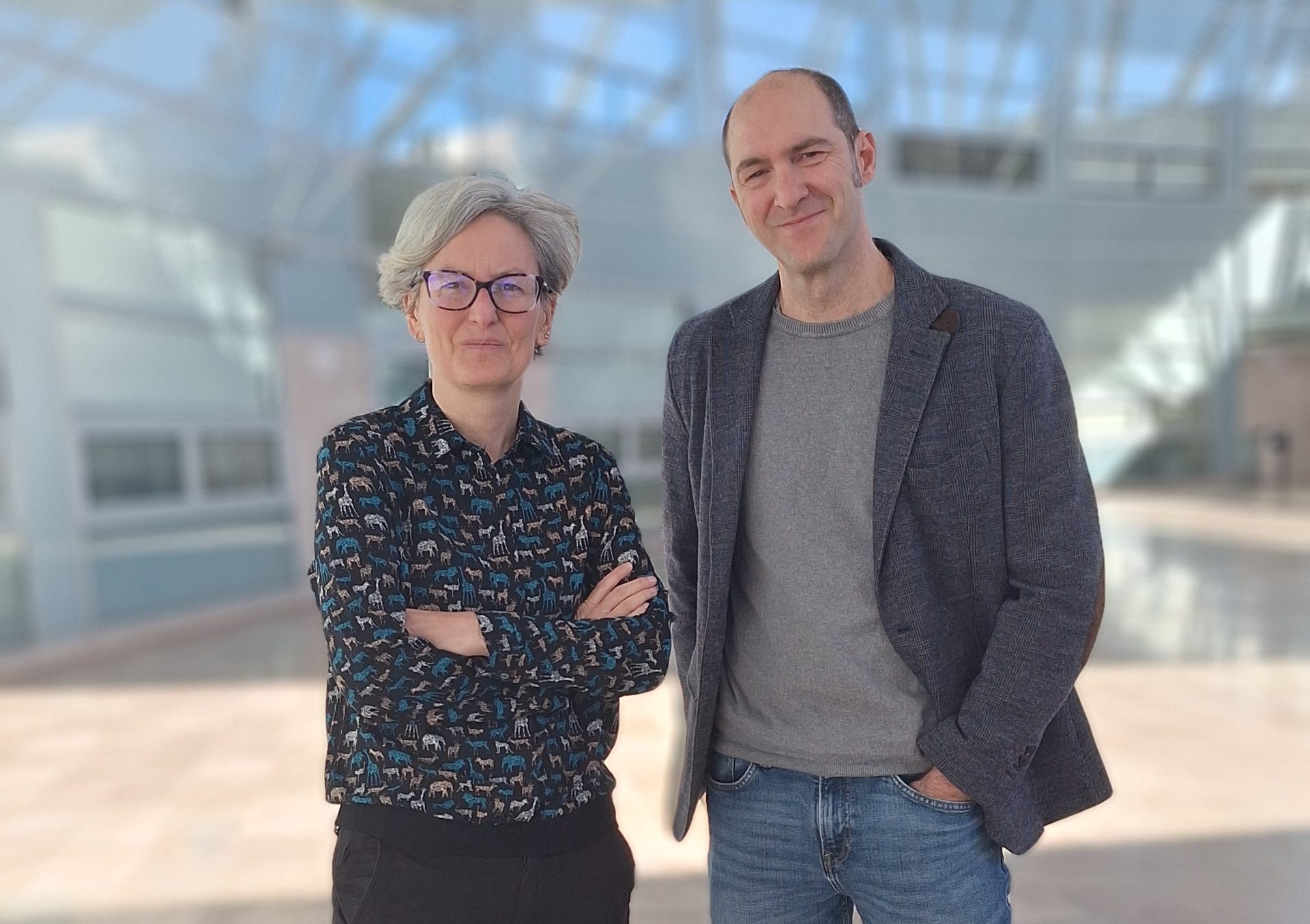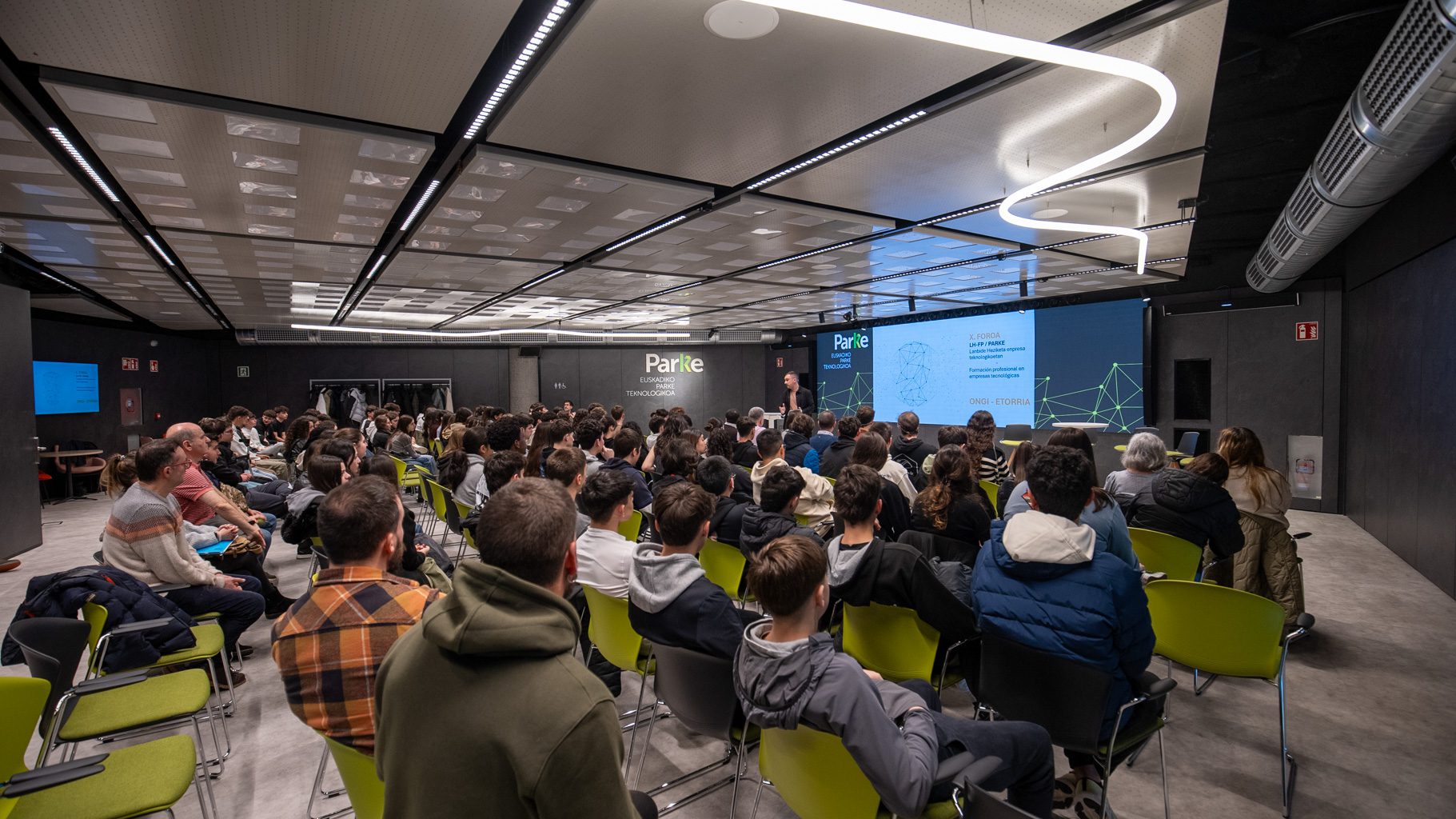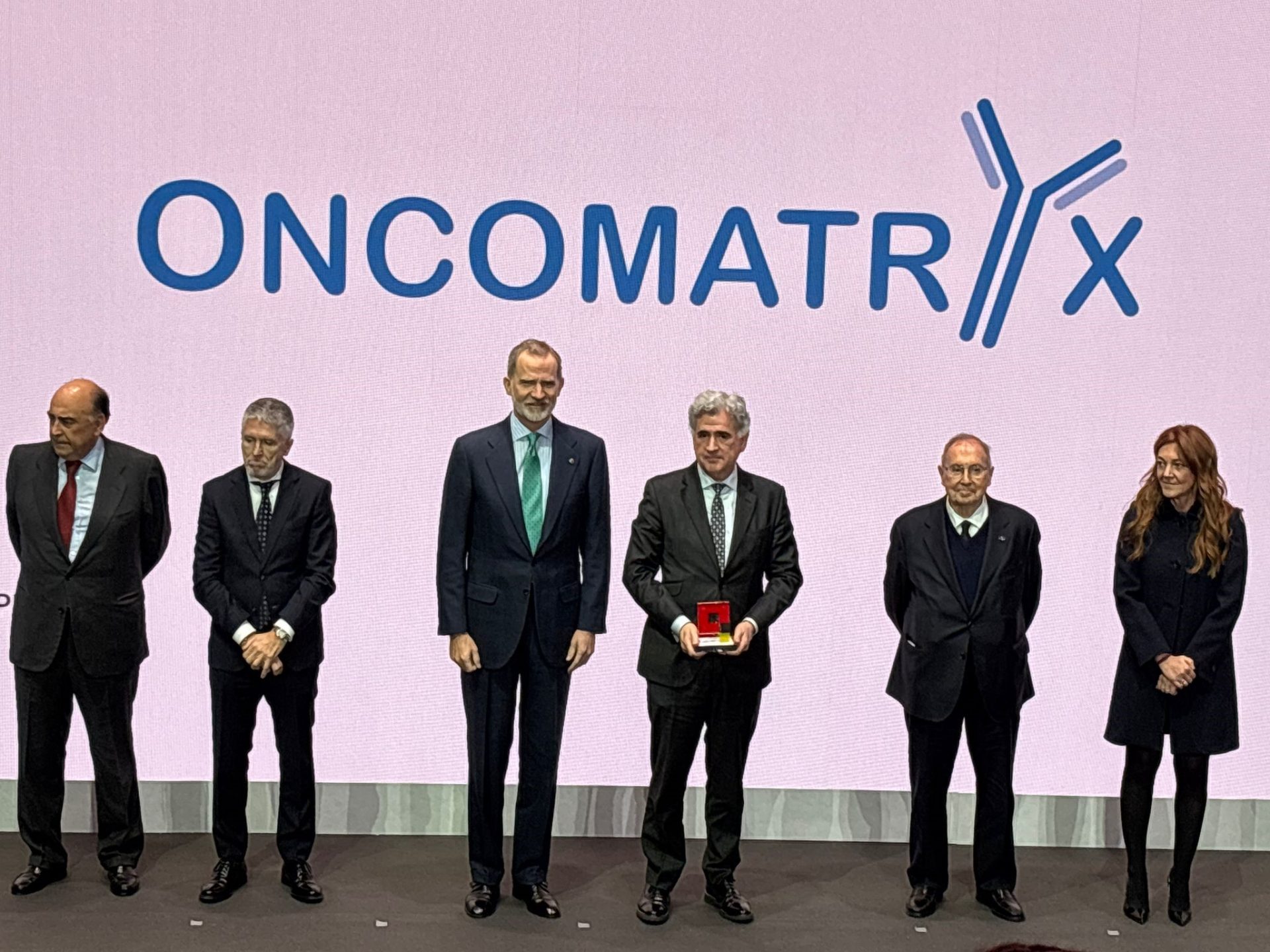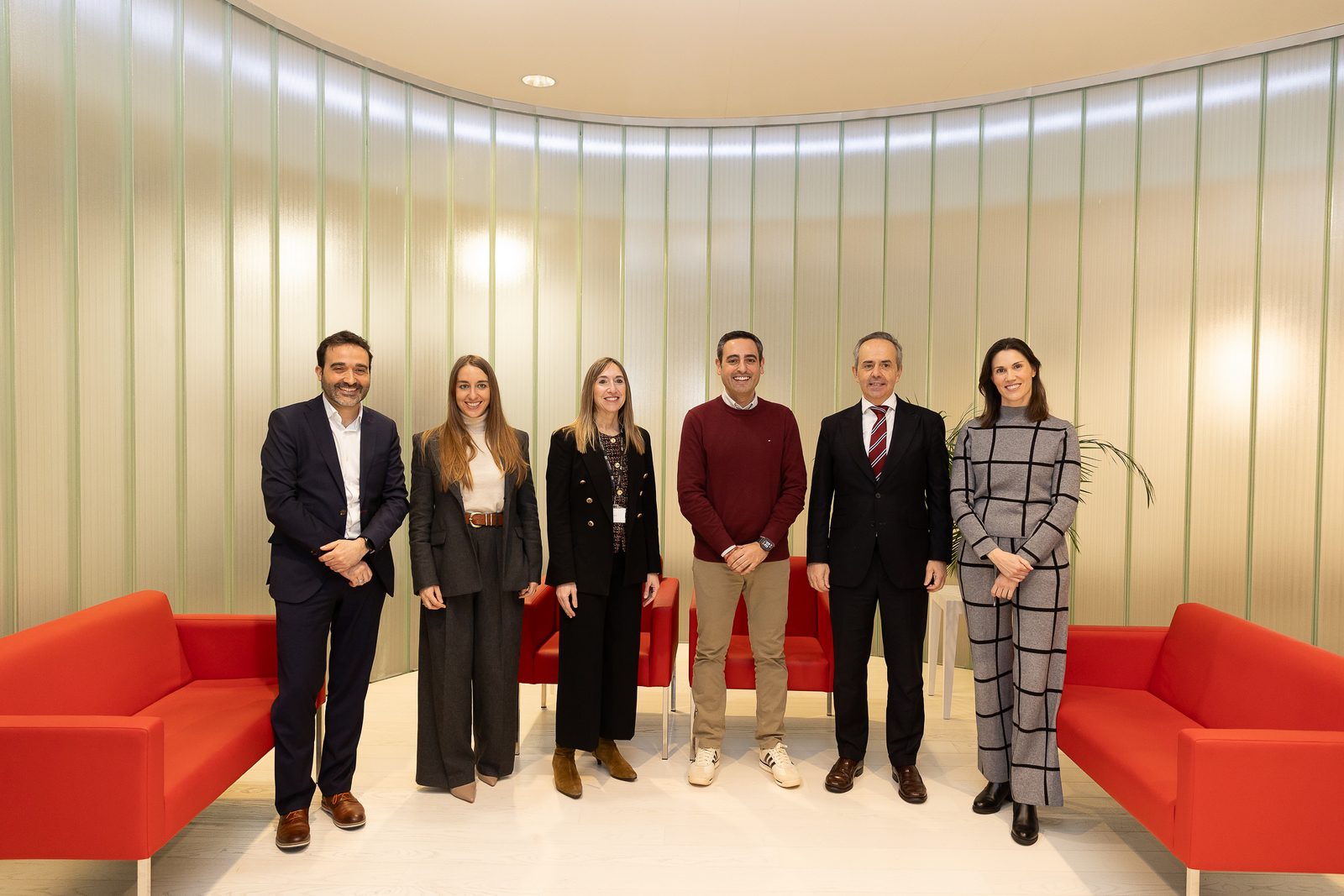CIC biomaGUNE launches a company that will transform disease diagnosis using nanosensors

Taldeki Biosolutions will develop sensors for detecting antibodies quickly, cheaply and robustly, overcoming the problems of stability and cost of current in vitro diagnostics.
The company, supported by the Basque Government from the SPRI Group and Basque Venture Capital through the Basque Tek Ventures initiative, offers the diagnostics industry a technology patented by CIC biomaGUNE: hybrid metal-protein sensors.
CIC biomaGUNE has launched Taldeki Biosolutions, a new spin-off dedicated to the development of solutions for the detection of antibodies and the diagnosis of different diseases using patented technology backed by more than 10 years of scientific research led by Ikerbasque professor Aitziber L. Cortajarena, scientific director of CIC biomaGUNE.
The detection and quantification of antibodies has become particularly relevant in recent years due to the implementation of personalised medicine, immune-related diseases or the threats of emerging epidemics. During the COVID-19 pandemic, the need for these technologies was more than demonstrated.
As a first market entry point, Taldeki Biosolutions has developed sensors for the detection of human respiratory infectious diseases (caused by different respiratory viruses that cause influenza, COVID and other diseases). But it is expanding its focus to other diseases, especially autoimmune diseases. ‘We are now developing sensors for type 1 diabetes mellitus, and we are also validating this solution for coeliac disease,’ says Pablo Ferrón, manager of Taldeki Biosolutions. ‘Our technology stands out for its versatility, as it can detect antibodies related to a wide range of diseases, from infectious diseases, such as sexually transmitted diseases, to autoimmune diseases, such as coeliac disease, and even allergies. The potential applications are very broad,’ adds Prof. Cortajarena.
Current in vitro diagnostic platforms are based on antibodies that detect other antibodies. ‘Classical antibodies have a number of stability problems; they are expensive to produce, costly to design and manufacture, unstable over time, and depend on the use of animals for their production. All these problems are overcome by our technology,’ says Ferrón.
In this sense, Taldeki Biosolutions offers more stable, reproducible and cost-effective solutions, designed and produced quickly to adapt to the specific needs of each client. The company plans to be a global benchmark in antibody detection solutions, and to lead the transformation towards faster, more robust and more accessible methods. ‘We aim to set a new standard in the in vitro diagnostics industry, driving the adoption of metal-protein hybrid molecules as a superior alternative to traditional antibodies,’ says Ferrón.
Metal-protein hybrid molecules
The technology developed and patented by CIC biomaGUNE is based on the design of proteins capable of stabilising nanomaterials with catalytic or luminescent properties. ‘These are hybrid structures, composed of proteins capable of stabilising a group of metal atoms, and the metal atoms themselves, which have the capacity to amplify the signal. Thus, using various detection technologies, we are able to quickly see whether a sample is positive or not, depending on the presence or absence of the antibody we are looking for,’ explains Ferrón.
Among the many advantages of this new technology are ‘the reproducibility between different batches, the low production cost, the reduced generation time of new reagents, etc.,’ says Cortajarena. They also highlight the design flexibility, detection sensitivity and reagent stability of the technology developed by CIC biomaGUNE.
‘By simply changing the biorecognition element, the nanosensors can be adapted to detect any type of antibody. So new nanosensors can be developed for new needs very quickly,’ says Cortajarena. Moreover, thanks to the possibility of integrating nanosensors for different antibodies of interest in the same device, ‘the presence of antibodies related to different diseases could be analysed simultaneously, that is, a multiple detection system could be integrated in the same device’, adds Ferrón.
Taldeki Biosolutions is supported by the Basque Government through the Basque Tek Venture initiative of the SPRI Group and Sociedad Gestora de Capital Riesgo del País Vasco. Basque Tek Ventures is a new initiative aimed at supporting, accompanying and investing in the creation of new technology-based companies (deeptech) based on technologies generated by the centres belonging to the Basque Research & Technology Alliance (BRTA).
The initiative has its own fund (BasquetekVenture, FCR) that invests in the new start-ups created. It identifies and prioritises the technological assets with the greatest potential, supports the creation of high-performance teams and accompanies the start-up of the company and its access to the market through this technology transfer fund.
CIC biomaGUNE values the launch of this new spin-off very positively: ‘One of the main missions of the centre is to generate value from research,’ says Professor Cortajarena. Taldeki Biosolutions is a new company based on its own innovative technology, which validates CIC biomaGUNE’s model of innovation based on frontier science. This initiative broadens the impact of our research, boosting the generation of economic and social value’. In addition to Taldeki Biosolutions, CIC biomaGUNE has two other spin-off companies that carry out relevant activity: Asparia Glycomics and Hylezitek.




